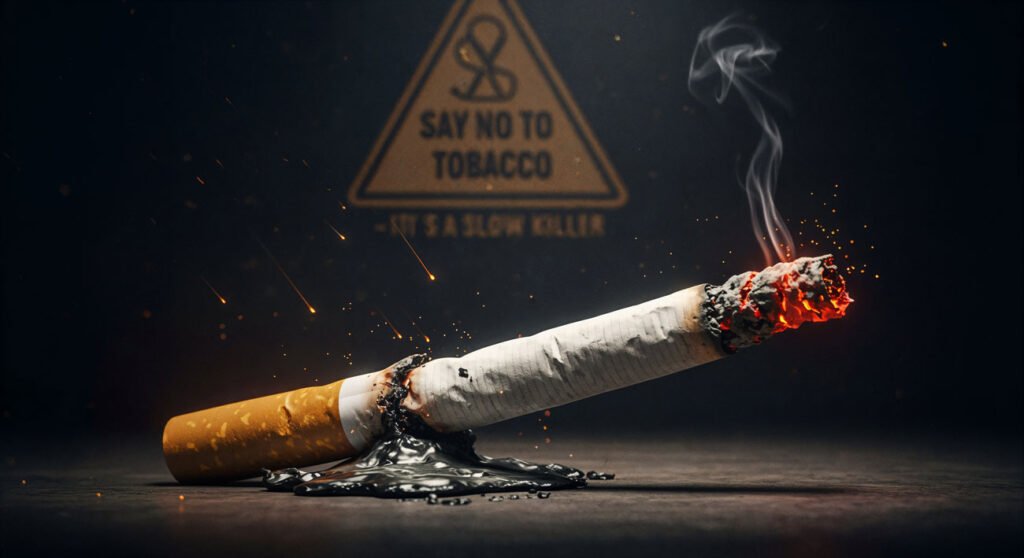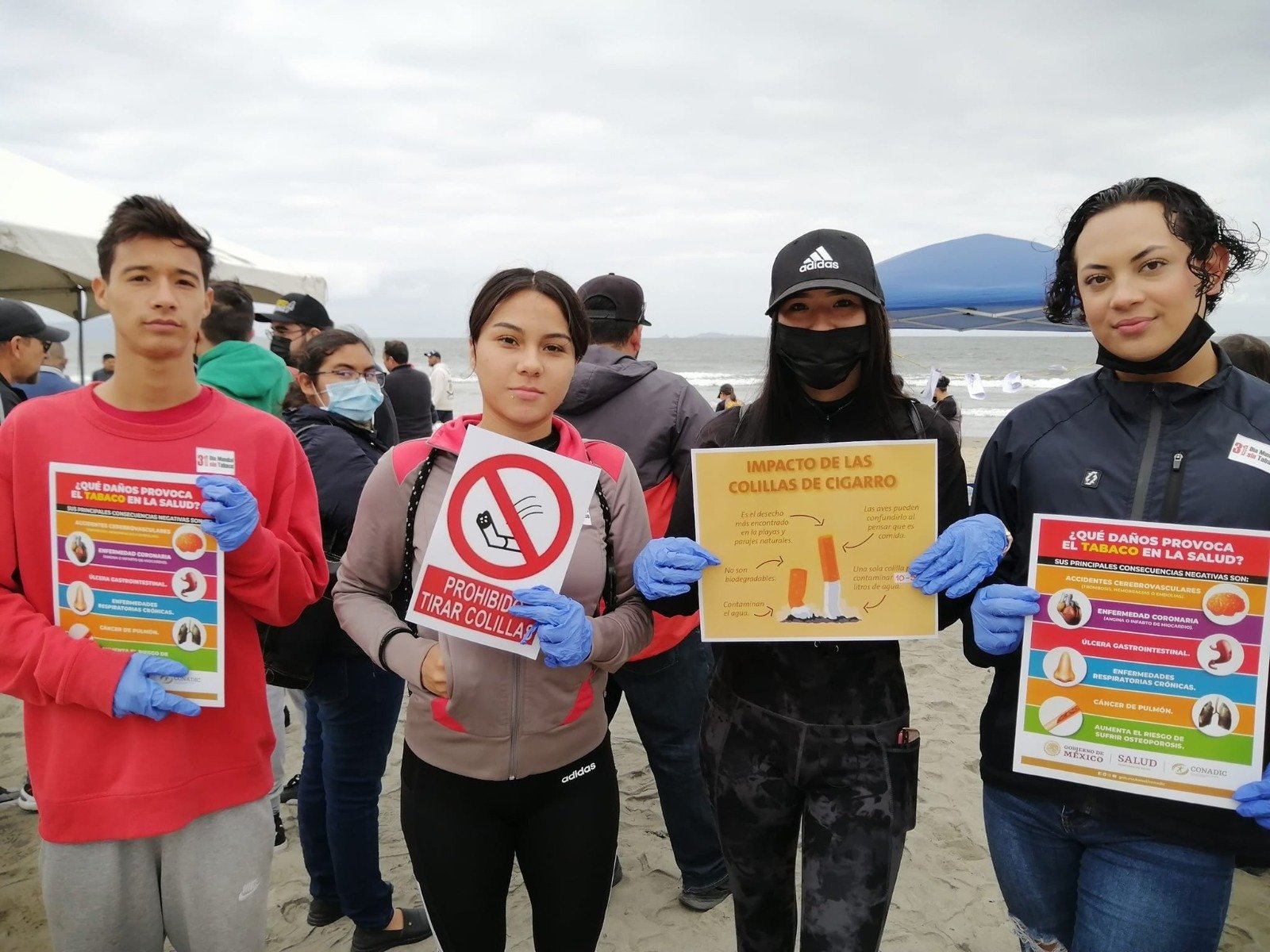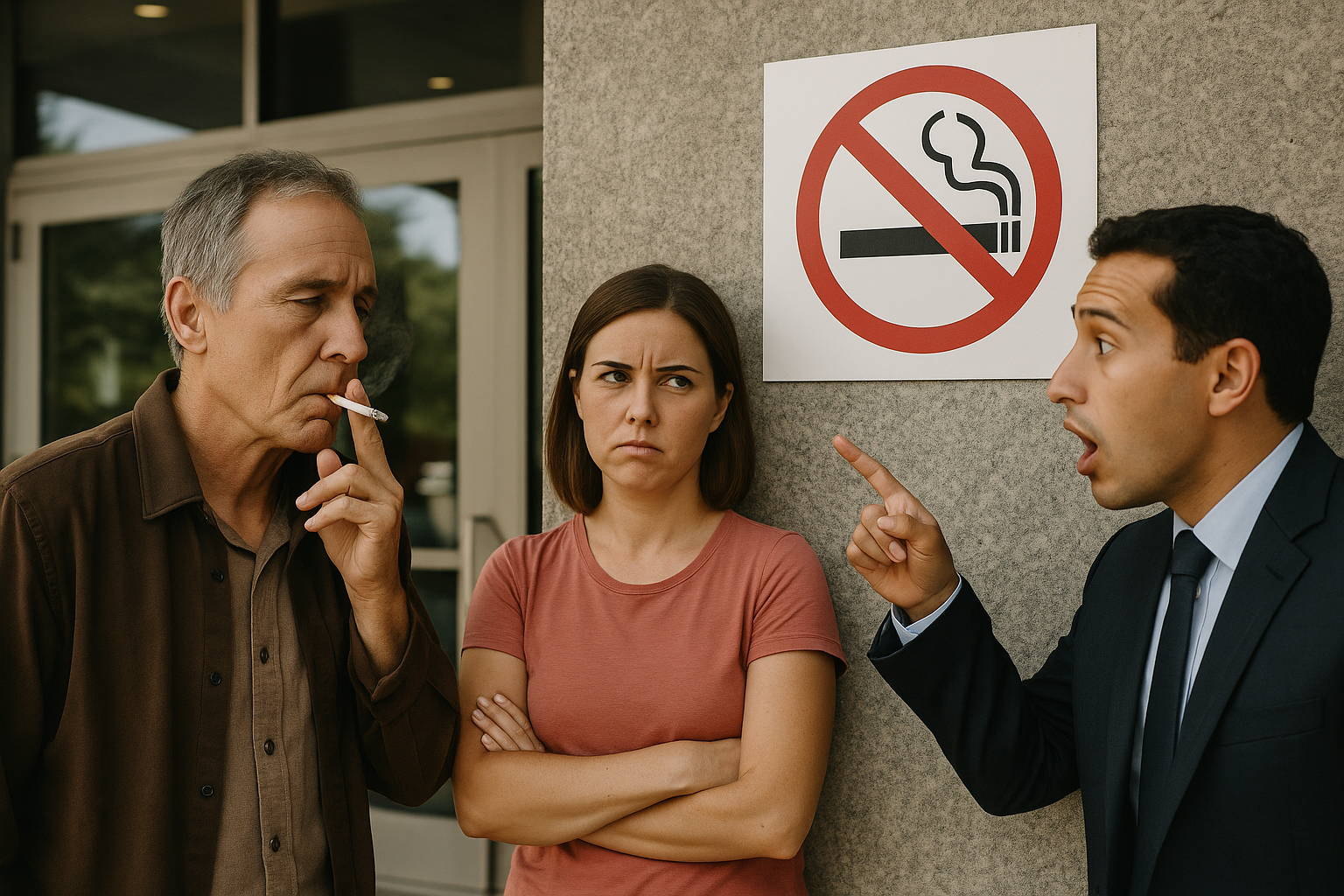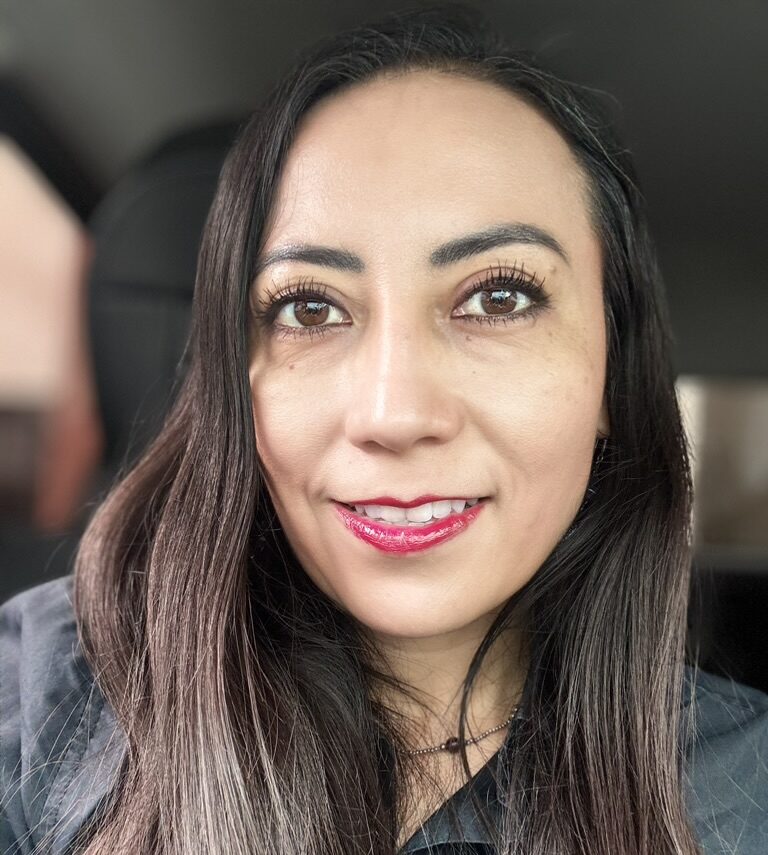Once upon a time—okay, not that long ago—smoking indoors was as common as breathing. You could light up in restaurants, bars, even airplanes. Today, lighting up in Baja California’s public spaces is officially out of fashion.
Thanks to the Smoke-Free and Emission-Free Spaces Program, coordinated by the State Institute of Psychiatry (IPEBC) and COEPRIS, more than 1,273 establishments are now certified smoke-free. Hospitals, universities, hotels, and offices have joined the movement toward cleaner air and healthier spaces.
“This program protects health and raises environmental awareness,” said Víctor Salvador Rico Hernández, director of IPEBC. “It reflects Baja’s commitment to a better environment.”
Meanwhile, the numbers keep growing. More than 15,000 awareness talks have been held across the state. In addition, volunteers and students have led “Colillatones,” community events where thousands of cigarette butts are collected from beaches. It’s a small act, yet it sends a strong message: clean air matters.
Why Talk About It Again?
You might wonder why this topic is back in the news. After all, smoking bans aren’t exactly new. But this time, the focus is not only on rules — it’s on results.
The milestone of over a thousand certified smoke-free spaces deserves attention. Each one went through inspections, staff training, and environmental education. Also, this renewed campaign aims to bring more public places, from restaurants to schools, into full compliance.
As a result, Baja is moving from saying “don’t smoke here” to proudly declaring “we’re already smoke-free.”
What It Means for Baja California
This initiative goes beyond health. It touches how we live, work, and relax.
- Now, families can enjoy a meal without tasting someone else’s cigarette.
- Workers can focus without breathing secondhand smoke for eight hours.
- Tourists can visit beaches that smell like the ocean, not like an ashtray.
In addition, the program helps reduce litter. Colillas — cigarette filters — are among the most common pollutants worldwide. Each one can contaminate up to 50 liters of water. Because of that, Baja’s cleanup drives have become a meaningful environmental movement, not just a health campaign.
Not Everyone’s Cheering
Of course, change isn’t always easy. Some bar owners say the new rules hurt their business. Others argue about the costs of signage or designated areas.
Even so, the benefits outweigh the complaints. Freedom should never include harming someone else’s lungs. Moreover, the law now includes vaping and electronic devices, closing a loophole that once clouded the air — literally.
To make things easier, the IPEBC offers the 075 helpline, where people can find advice on quitting smoking or joining the certification program.
A Breath of Perspective
Personally, I can’t stand cigarette smoke. Many of my friends from the ’90s smoked like it was part of their wardrobe. They’ve since quit, and they admit life smells better now.
We all have habits we outgrow. Smoking indoors is one of them. Today, we value the taste of food, the smell of coffee, and the comfort of breathing fresh air. And if that’s progress, I’ll gladly inhale it.
What’s Next for Baja
More certifications are on the way, along with beach cleanups and awareness campaigns. Eventually, the goal is for every public space — from offices to hotels — to be 100% smoke-free.
So next time you step into a restaurant, take a deep breath. It’s not smoky nostalgia you’re inhaling — it’s the scent of change.
No Bad News.
If you enjoy my articles, leave a comment below — I’d love to hear what you think!





